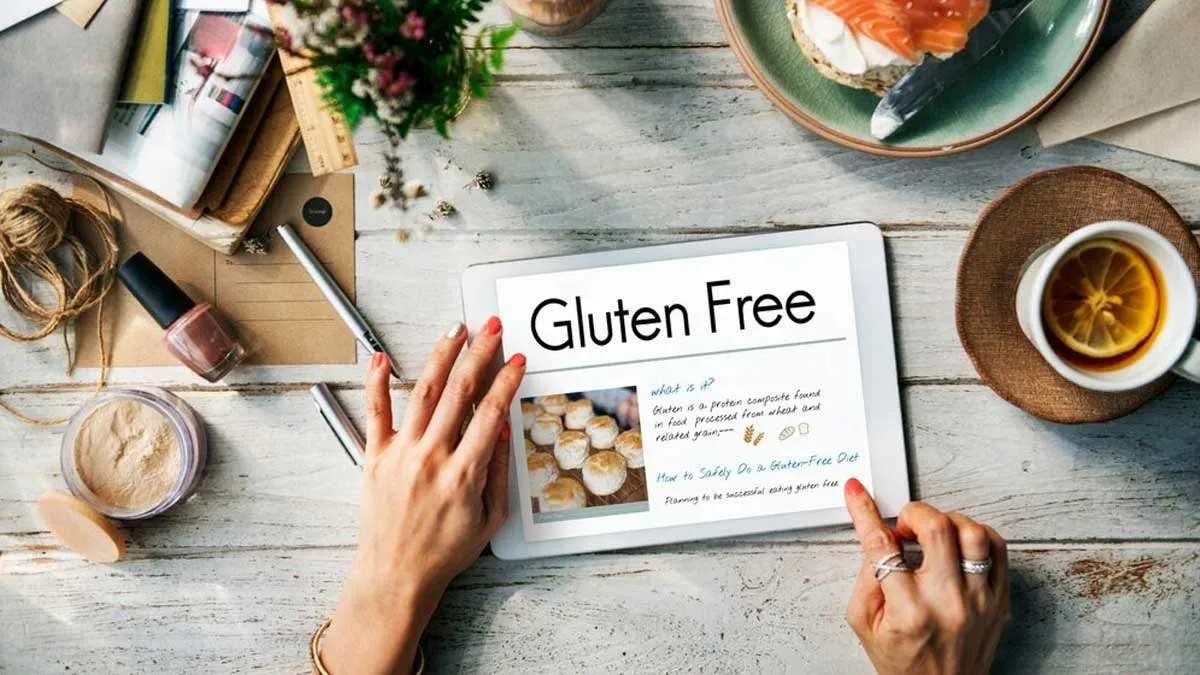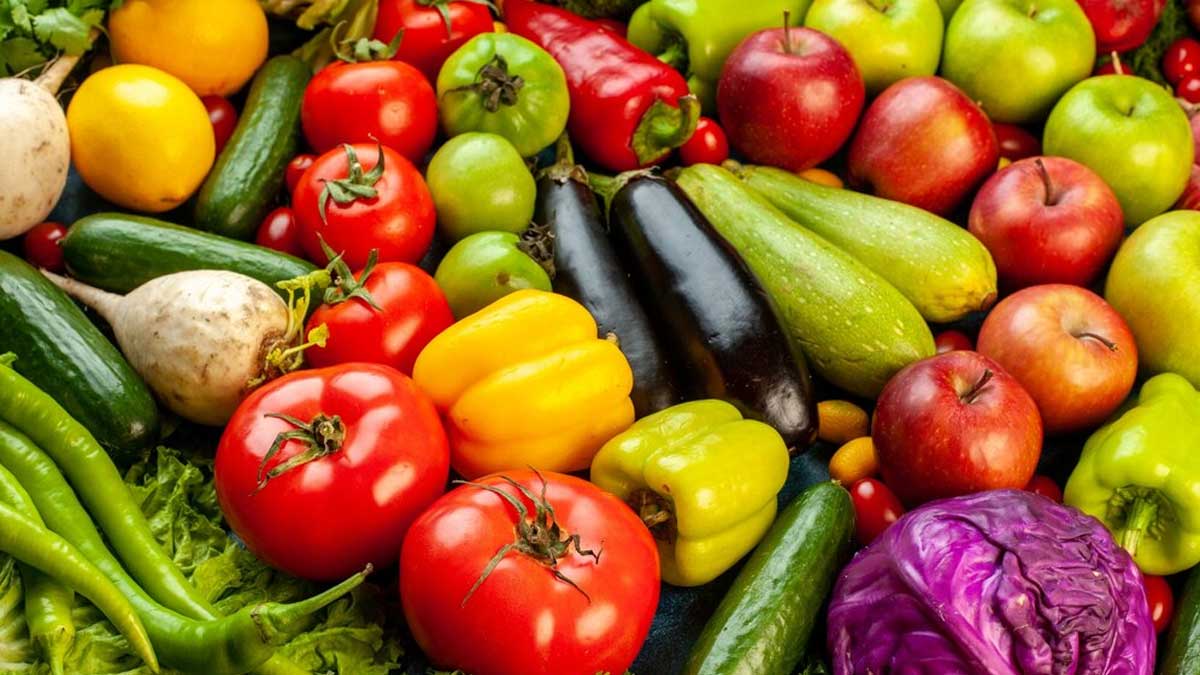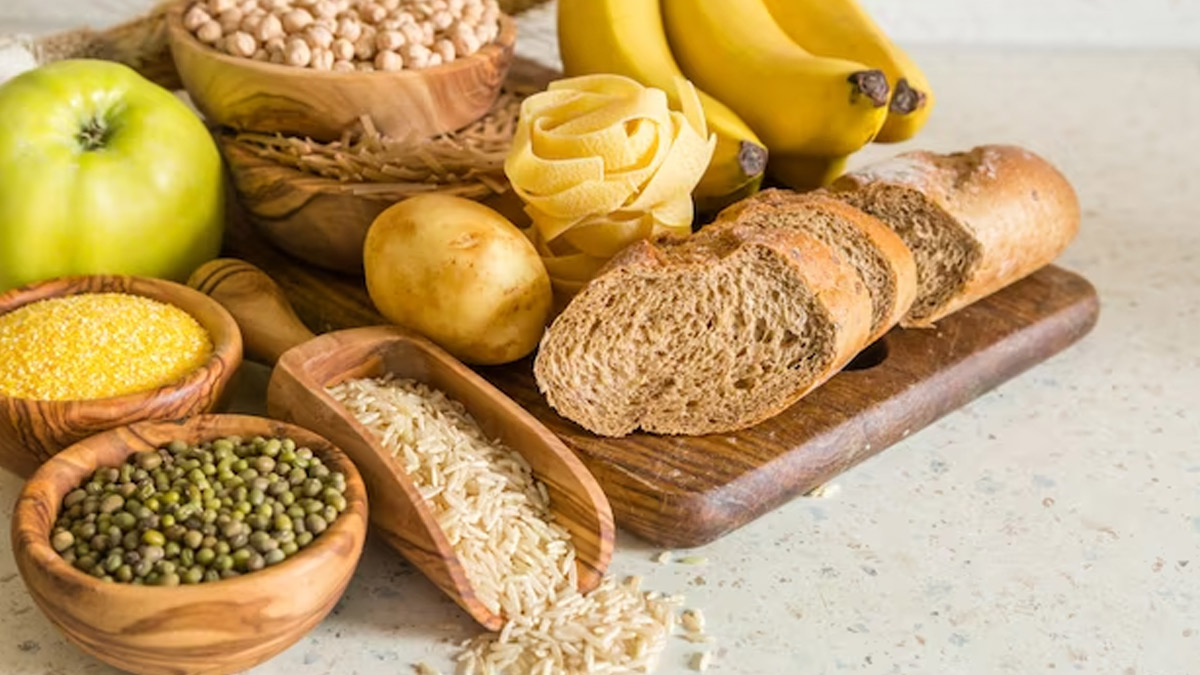
Over the past decade, the gluten-free diet has gone from a medical necessity for a small group to a widespread wellness trend. Supermarket shelves are lined with gluten-free labels, and many people believe cutting gluten means a healthier lifestyle. But is going gluten-free actually good for everyone?
Table of Content:-
The editorial team of Onlymyhealth reached out to their expert, Dr Vikram Vora, Medical Director and Chief Health Officer (Indian Subcontinent), International SOS, to take a look at what science says, who truly benefits, and when avoiding gluten might do more harm than good. Here is what he shared with us.
What Is Gluten?
Gluten is a naturally occurring protein in grains like wheat, barley, and rye. It provides dough with elasticity and allows bread to keep its shape and texture. Although it’s alright to consume for the majority of people, gluten can cause immune responses or gastrointestinal problems in some, particularly those with coeliac disease, non-coeliac gluten sensitivity, or wheat allergy.
Also Read: What to Eat During Rasiya: A Guide to Chhath Puja’s Sacred 36-Hour Fast?

Who Really Needs a Gluten-Free Diet?
“For individuals with coeliac disease, it is absolutely necessary to exclude gluten from the diet,” Dr Vora said. Even minimal amounts can induce an immune reaction that compromises the small intestine, causing malabsorption of nutrients, anaemia, weakness, and bone issues. Also, for patients with non-coeliac gluten sensitivity, they may get bloating, pain in the abdomen, headache, or fatigue upon eating gluten, despite them being negative for coeliac disease.
Additionally, a wheat allergy, as opposed to gluten intolerance, can also lead to symptoms like hives, congestion, or difficulty breathing following consumption of wheat. For these patients, it isn't a lifestyle trend, it's a necessity.
Why Many People Go Gluten-Free (Even Without Needing To)
“Numerous people who are not gluten-intolerant embrace the diet due to it being a clean or healthier choice. Others say they feel lighter or experience fewer digestive problems after they remove gluten,” Dr Vora added. These apparent advantages, however, are more often attributed to eliminating processed foods, rather than gluten itself.
A 2021 review in the journal Nutrients discovered that much of what is sold as gluten-free has more sugar and fat added to it so that it tastes as good. They also might be lower in important nutrients like fibre, B vitamins, and iron. So, barring a medical condition, you might be trading off nutrient-dense whole grains with less healthy substitutes.
Also Read: How To Deal With Borderline Personality Disorder? Find Out Here

Potential Downsides of a Gluten-Free Diet
“Going gluten-free without consultation can result in nutritional deficiencies and digestive issues,” Dr Vora highlighted. Whole grains rich in gluten, such as wheat and barley, are high in dietary fibre, promoting gut health and stabilizing blood sugar levels. Cutting them out entirely without adequate substitutions can impair digestion and energy.
Further, gluten-free packaged foods tend to be pricier. Studies have revealed that they can be as much as 200% more than their gluten-rich alternatives, putting an unnecessary burden on your grocery budget.
When a Gluten-Free Diet Makes Sense
“If you regularly feel bloated, diarrhoea, or tired after consuming foods containing gluten, it is best to seek a doctor's advice prior to self-diagnosis,” suggested Dr Vora. He further added that your doctor may ask you to undergo blood tests or an endoscopy to exclude coeliac disease. If the tests come out negative, a dietician can assist in determining if other food allergies or lifestyle issues are causing the symptoms.
“Those who truly need to steer clear of gluten can still lead an otherwise balanced diet filled with naturally gluten-free foods like rice, quinoa, millet, potatoes, legumes, vegetables, fruits, and lean meats,” Dr Vora concluded.
Bottomline
Gluten-free eating is life-altering for coeliac patients or those with gluten intolerance, but not for the majority of others. Being gluten-free does not necessarily equal healthy eating; indeed, it can lead to nutritional deficits if not carefully planned. What's important is to look to whole, balanced foods instead of adhering to health trends uncritically.
Also watch this video
FAQ
1. Can going gluten-free aid in weight loss?
Not necessarily. Most gluten-free foods are more calorie-dense, contain more sugar, and have more fat. Weight loss is based on overall diet quality and calorie intake, not simply the avoidance of gluten.2. What are some healthy gluten-free grains?
Some naturally gluten-free grains include quinoa, rice, millet, buckwheat, amaranth, and oats (marked gluten-free). These can be a good source of fibre and nutrients equivalent to whole wheat.3. Do I need to be tested for gluten intolerance before going on a gluten-free diet?
Yes. Always see a physician before removing gluten. Pre-test gluten removal may prevent precise diagnosis for coeliac disease or gluten sensitivity.
How we keep this article up to date:
We work with experts and keep a close eye on the latest in health and wellness. Whenever there is a new research or helpful information, we update our articles with accurate and useful advice.
Current Version
Oct 25, 2025 10:55 IST
Published By : Tanya Srivastava